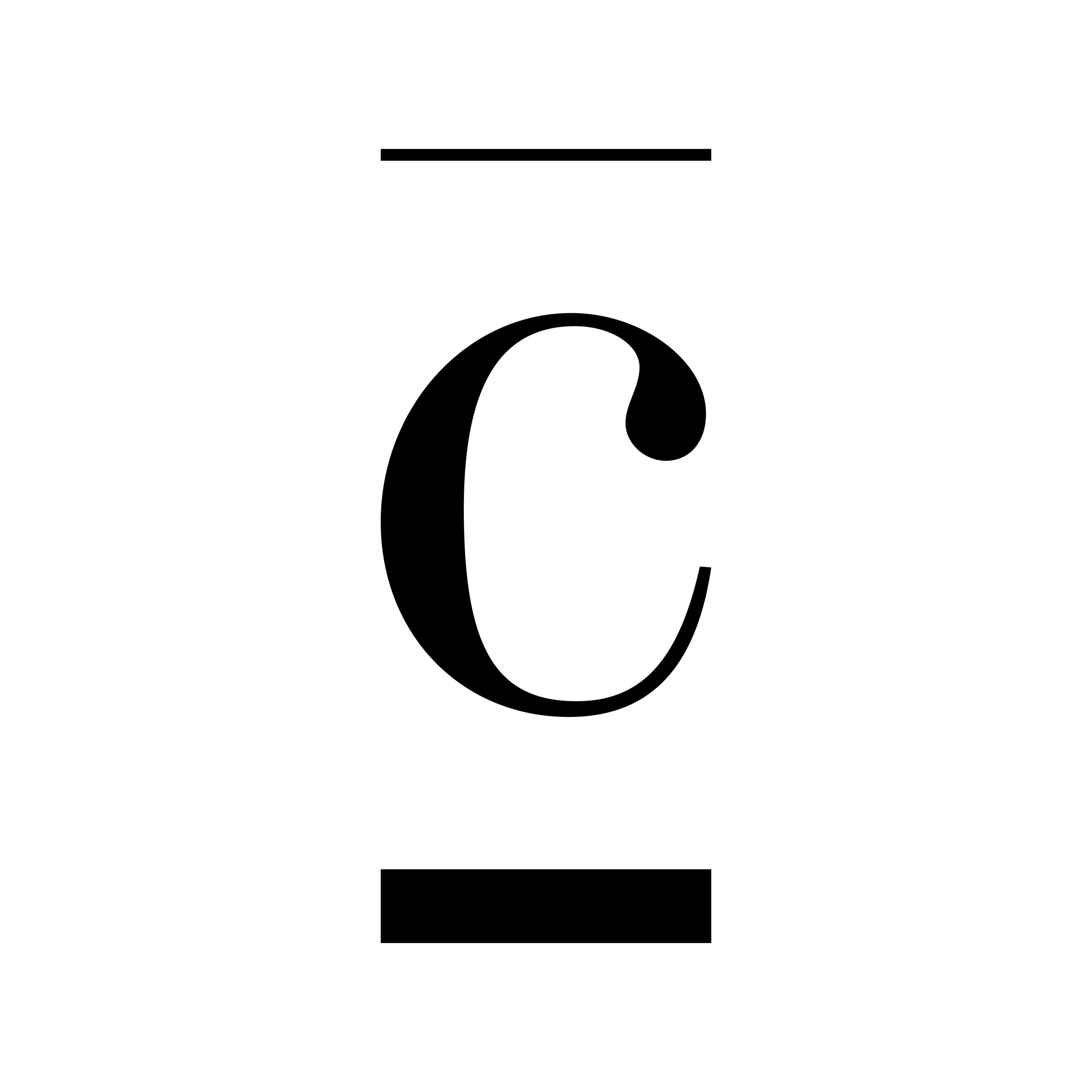Welcome
to correspondences. Our aim is to create lasting people connections across cultures through the medium of art.

to correspondences. Our aim is to create lasting people connections across cultures through the medium of art.
Photograph of exhibition installation detail: Katherine Benjamin
series of four poems commissioned, featured below
As part of Yoko’s residency project, Yoko Ozawa / よはくYohaku (blank space), we invited writer, poet and essayist Declan Fry to write a series of haiku, reflecting upon the practice, the Waring season, and everyday life in Bulleke-bek (Brunswick), here on Wurundjeri country.
At our event to celebrate the opening of Yoko's final exhibit in May, Declan read his haiku and shared his reflections on each of the poems and much more besides.
The poems are featured below.
—Emma Thomson, correspondences
Morning. Pale sunlight.
In the window – already visible – remains
of the day.
Bird ascends – what earth
gives up, the sun – somewhere falling,
somewhere rising – receives.
Waring. Language of autumn.
In bloom, it speaks
and the world grows mute.
Food upon my plate.
Enough left for tomorrow.
Enough for today.
—Declan Fry

Photograph by Declan Fry
Declan Fry
A number of the haiku used periods to insert a space, a silence. Sometimes it was too separate disparate culture concepts: in the original version of the ‘Waring’ haiku, I worried that the comma between ‘waring’ and ‘language of autumn’ would equate to a kind of equivalence, a false quantity of translation, and so I substituted, for the comma, a period. In Japanese haiku, declarative exclamations like ‘ya’ are used to insert rhythm and emphasis, but also a kind of intermission (I think it could be said to be a little like the exclamation point in English, or the dash). A period, I felt – especially since the exclamation mark is itself a kind of period – could create an equivalent sense of silence when composing haiku in English, a pause.
Or like the ‘ya’ in a famous Basho poem, one I read while visiting its setting, Matsushima, having learned about it through a Levy Hideo novel which takes its title from the poem’s lines:
Matsushima ya
Matsushima ya
Chiji ni kudakete
Chiji is thousands, and kudakete is a verb meaning split, torn, shattered.
Like the roads after Fukushima. Like the families.
Notion of kireji and equivalences. Kireji: a cutting word.
If we are talking of false equivalencies, though, the concept of ‘haiku in English’ feels like a prime example. There is something fundamentally disingenuous in pretending there is any real equivalence between the tradition of haiku – with its roots in Chinese and Japanese – and the very different traditions of Anglophone poetry. At best, English haiku is its own form, inspired by but fundamentally distinct from Japanese haiku.
Then again, what is correct language? I reflect on blogging in Japanese, fearing the eyes of the native, of Yoko Ozawa seeing the oddities, of Ouyang Yu mocking nativity and correctness at the opening of The Eastern Slope Chronicle, of Pi O talking about hating the receding horizon of ‘correctness’ during his poetry reading at Melbourne Writers Festival this year.
Note:—
These reflections and the poems above were specially commissioned for this project. They are strictly the copyright of Declan Fry & correspondences. Please do not disseminate in any form without the express prior written permission of the writer and correspondences.

Declan Fry is a writer, poet, essayist, and proud descendant of the Yorta Yorta. Born on Wongatha country in Kalgoorlie, Declan Fry has written for The Guardian, Saturday Paper, Overland, Australian Book Review, Liminal, Sydney Review of Books, Cordite, Kill Your Darlings, Westerly and elsewhere.
His Meanjin essay 'Justice for Elijah or a Spiritual Dialogue with Ziggy Ramo, Dancing' received the 2021 Peter Blazey Fellowship. He has been shortlisted for the Judith Wright Poetry Prize and lives on unceded Wurundjeri country with his partner and their dog, Walnut.
For a marvellous read, recently published in edition number 79 of the Griffith Review, check out Declan’s article No name for the country名のない国.
We also recommend his contribution to Another Australia, published by Affirm Press in partnership with Sweatshop Literacy Movement in association with Diversity Arts Australia. To borrow it from our library, press the button below and pop in and see us.